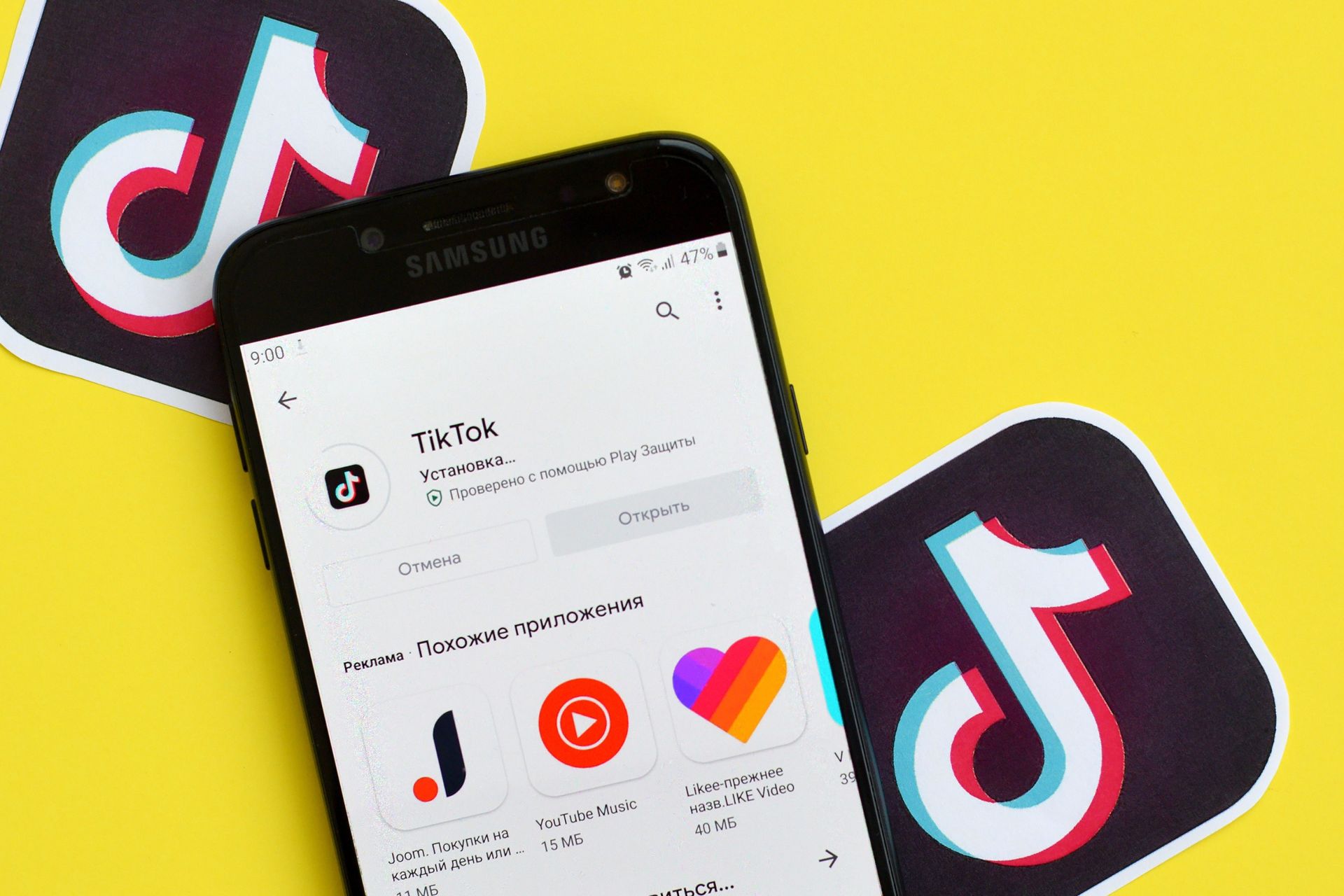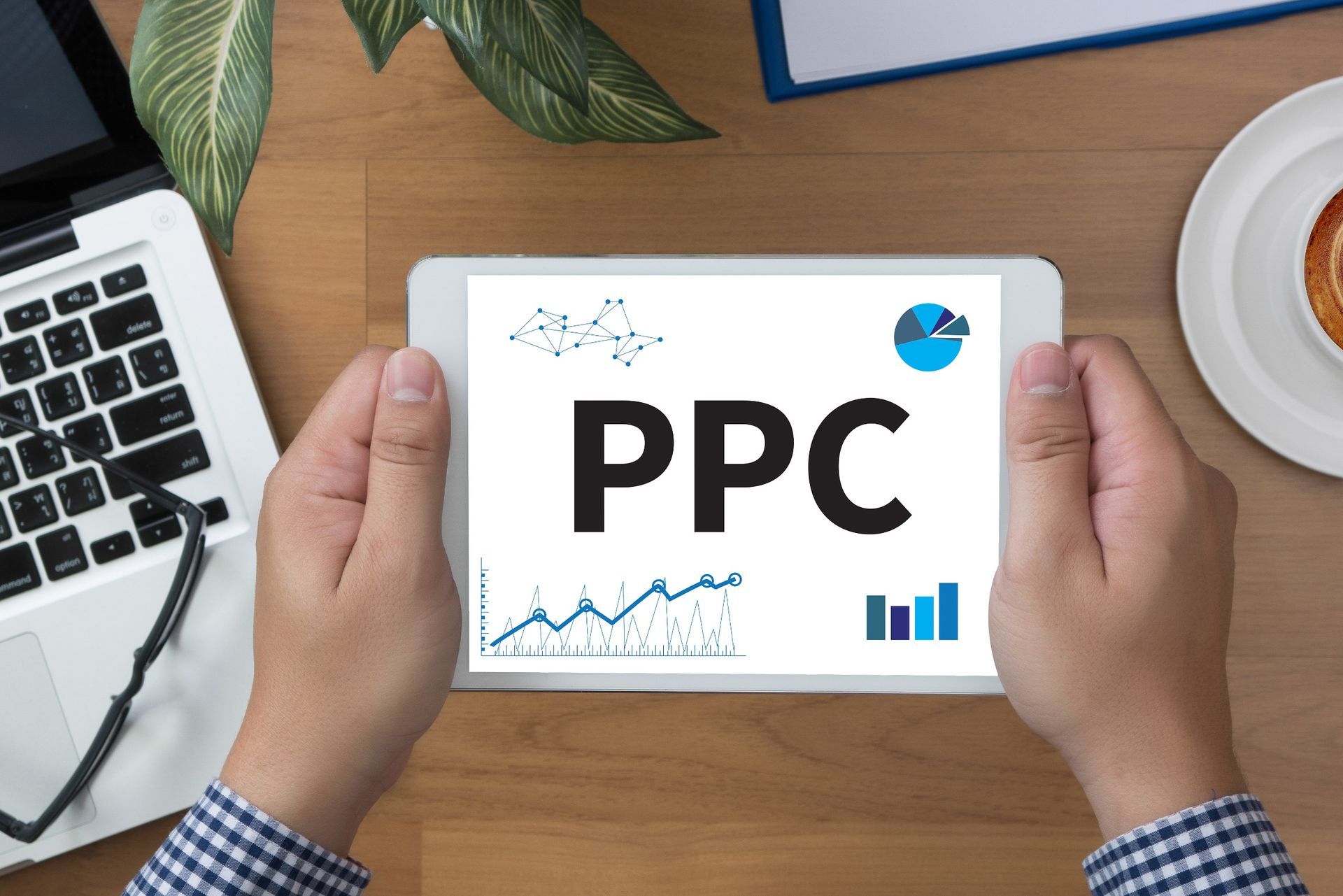How Machine Learning Is Changing SEO & How to Adapt
In the digital marketplace, search engine optimization (SEO) stands as the bedrock of online visibility and customer outreach. But how do you maintain a competitive edge when the rules are continuously evolving? The answer lies at the intersection of SEO and one of the most revolutionary technologies of our time: machine learning.
For the modern business owner, understanding and adapting to machine learning-enhanced SEO is not optional. It's the difference between thriving in the sea of search results and being washed ashore by the next algorithm update.
This comprehensive guide will illuminate the profound impact machine learning is having on SEO and present actionable strategies to help you not only keep pace but also leap ahead in the digital race.
Understanding Machine Learning in SEO
Machine learning represents a subset of artificial intelligence that focuses on the development of computer programs that can access data and use it to learn for themselves. This concept is particularly potent when applied to search engines, such as Google, Bing, and Yahoo, in the context of SEO.
The Role of Machine Learning Algorithms
Machine learning algorithms in SEO are designed to identify patterns in user behavior and website performance. These algorithms can process complex data sets at speeds impossible for human analysts, and they're continually fine-tuning the ranking signals that determine where a web page appears in search results.
Search Engine Applications
Search engines use machine learning to understand and predict search intent, thereby delivering results that align with the user's real purpose. This in turn influences keyword optimization strategies.
Machine learning also contributes to the assessment of content quality, the identification of black hat SEO tactics, and the ranking of websites based on user engagement metrics such as click-through rates, dwell time, and bounce rates.
Adapting SEO Strategies for Machine Learning
As machine learning algorithms become more sophisticated, the manipulation of search rankings through keyword stuffing and link building is becoming increasingly outdated. It's now imperative to refine SEO strategies to revolve around the user experience and the natural flow of information.
User Intent and Context
Gone are the days when high-volume keywords were the sole drivers of SEO. Today, content must be tailored to address user intent across various search stages.
By leveraging long-tail keywords and providing comprehensive information around search topics, you can better cater to the nuanced needs of your audience.
Structured Data and Visibility
Structured data provides search engines with context and metadata, helping them understand the content of your website with greater precision.
By marking up your web pages with schema, you empower machine learning algorithms to showcase rich snippets that increase visibility and click-through rates.
Natural Language Processing (NLP)
Content creation and optimization are now deeply intertwined with natural language processing. NLP allows for the crafting of more human-centric content by understanding and responding to the way people naturally search for information.
This means focusing on clarity, relevance, and depth in your content to satisfy user queries effectively.
Optimizing for Voice Search and Featured Snippets
Voice search queries represent a significant shift in search behavior. Structuring your content to answer conversational queries and question phrases will be pivotal.
Additionally, securing a featured snippet can catapult your visibility in voice search results, which are often fueled by these highlighted excerpts.
Voice Search Optimization Strategies
Understanding the informal, conversational language used in voice search is key.
Create content that mimics the phrasing and speech patterns of your target audience, and consider the context of these searches, which are often location-based and action-oriented.
Featured Snippets
The coveted position zero in SERPs can be yours by producing content that succinctly addresses common queries. Use tools to understand which questions frequently lead to featured snippets, and tailor your content to provide clear and concise answers in varied formats such as lists, tables, and definitions.
Enhancing User Experience and Technical SEO
Machine learning takes into account a website's overall user experience when ranking pages. This puts pressure on ensuring mobile optimization, fast page loading times, and a frictionless user journey.
User Experience as a Ranking Factor
Search engines factor user experience indicators, like bounce rate and time on page, into their rankings. This underlines the importance of clear site navigation, engaging content, and mobile responsiveness to keep users on your pages longer and signal quality to search algorithms.
Technical SEO and Machine Learning Tools
Automated machine learning tools can analyze and optimize your website's technical aspects at a scale and depth beyond manual capabilities. By incorporating these tools into your SEO strategy, you can identify and rectify issues like broken links, crawl errors, and duplicate content more efficiently.
Measuring Success in the Machine Learning Era
The dynamism of machine learning means that SEO efforts must be continually evaluated and adjusted. Keeping up with relevant performance indicators is crucial to understanding the impact of your strategies and maintaining strong digital real estate.
Key Performance Indicators (KPIs) for SEO in the Era of Machine Learning
Focus on KPIs such as organic traffic, keyword rankings, conversion rates, and user engagement metrics to gauge the success of your SEO initiatives. These numbers provide a clear snapshot of how machine learning is interpreting and favoring your content.
Utilizing Analytics for Insights and Adaptation
Sophisticated analytics tools can track user behavior with precision, providing insights into how machine learning algorithms are ranking and displaying your website. These insights inform iterative improvements, testing, and the evolution of SEO strategies to stay aligned with search engine developments.
Conclusion
Machine learning has ushered in a new era of SEO, one that values natural, user-centric content over technical manipulation. For business owners, this means a shift in approach, mindset, and resources.
Those who are quick to adapt their SEO practices to the dictates of machine learning will not only remain relevant but also thrive in an increasingly competitive digital marketplace.
Remember, SEO is not a one-shot deal but an ongoing conversation between technology, content, and the user. By staying attuned to the signals that machine learning algorithms value, you ensure that conversation remains vibrant, engaging, and rewarding for all involved.
It's time to harness the power of machine learning to redefine what SEO means for your online success.
About Us
At Boost Higher, we help your business achieve never-before-seen heights with our expert strategies and tactics, uniquely designed to fit your brand and goals. Our team of experts specializes in creating hype about your business at both a local and global scale, leading to increased conversions, happy customers, and higher revenue. Schedule your free, no-obligation
consultation today, or fill out our
contact form to get in touch with us.











